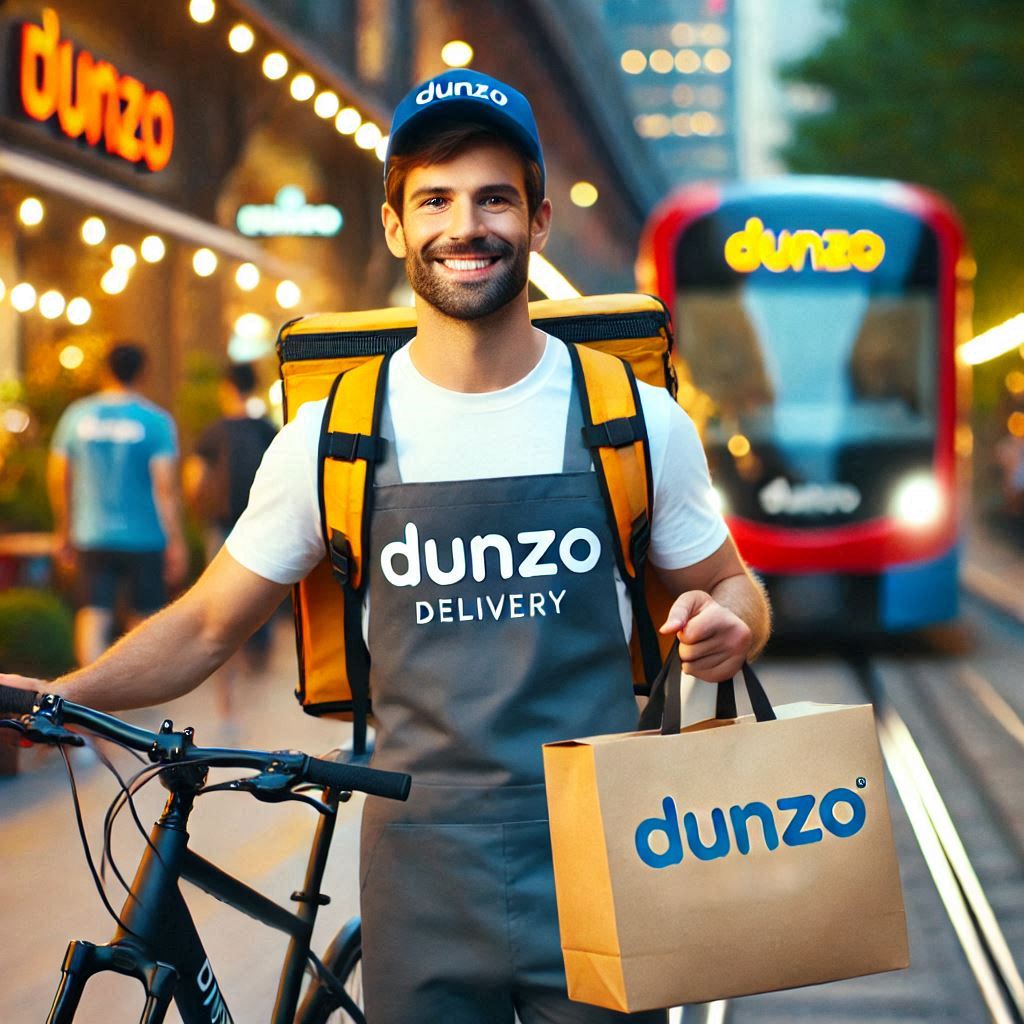The Rise and Challenges of Dunzo: Kabeer Biswas’s Visionary Journey
Introduction
In the bustling landscape of India’s startup ecosystem, few stories are as captivating as that of Dunzo and its co-founder, Kabeer Biswas. Dunzo, a hyperlocal delivery service, became a household name, offering unparalleled convenience to urban dwellers. However, like many startups, Dunzo faced its share of challenges. This blog delves into the journey of Dunzo, the leadership of Kabeer Biswas, and the financial struggles that reshaped the company’s trajectory.
The Genesis of Dunzo
Dunzo was born out of a simple yet powerful idea: to provide hyperlocal delivery services that cater to the everyday needs of urban residents. Founded in 2014 by Kabeer Biswas, the company’s humble beginnings as a WhatsApp group in Bengaluru quickly evolved into a full-fledged platform. The vision was clear—to make life easier by delivering anything from groceries to parcels at the tap of a button.

Kabeer Biswas: The Visionary Leader
Kabeer Biswas, an alumnus of the University of Mumbai, brought with him a wealth of experience from his previous ventures. His leadership style, marked by innovation and a deep understanding of consumer behavior, played a pivotal role in Dunzo’s initial success. Biswas’s ability to adapt to changing market dynamics and his relentless pursuit of excellence set Dunzo apart from its competitors.
Dunzo’s Meteoric Rise
Dunzo’s rise was nothing short of meteoric. With the backing of prominent investors like Google and Reliance, the company expanded its services to multiple cities across India. The platform’s unique value proposition—convenience, speed, and reliability—resonated with a growing urban population. From delivering groceries to running errands, Dunzo became an integral part of everyday life for many.
The Challenges of Quick Commerce
Despite its early successes, Dunzo faced significant challenges, particularly in the quick commerce segment. The hyperlocal delivery market in India is fiercely competitive, with well-funded rivals vying for dominance. Dunzo’s ambitious expansion plans strained its resources, leading to financial difficulties. The company struggled to maintain profitability while competing with giants like Swiggy and Zomato.
Financial Struggles and Leadership Transition
Dunzo’s financial woes became evident as the company faced mounting debts and delayed salary payments. Kabeer Biswas, who had not drawn a salary for 20 months, stepped down from his role as CEO amidst these challenges. His departure marked a significant turning point for the company. Biswas’s focus shifted to finding a buyer willing to assume Dunzo’s liabilities, ensuring the company’s survival.
The Impact on Employees and Stakeholders
The financial instability at Dunzo had a profound impact on its employees and stakeholders. Delayed salary payments and uncertainty about the company’s future created a challenging work environment. Despite these hardships, many employees remained committed to Dunzo’s mission, driven by a shared belief in the company’s potential to rebound.
Lessons Learned and the Road Ahead
Dunzo’s journey offers valuable lessons for startups and entrepreneurs. The importance of sustainable growth, prudent financial management, and the ability to pivot in response to market challenges cannot be overstated. While Dunzo’s future remains uncertain, the company’s legacy of innovation and convenience continues to inspire.



